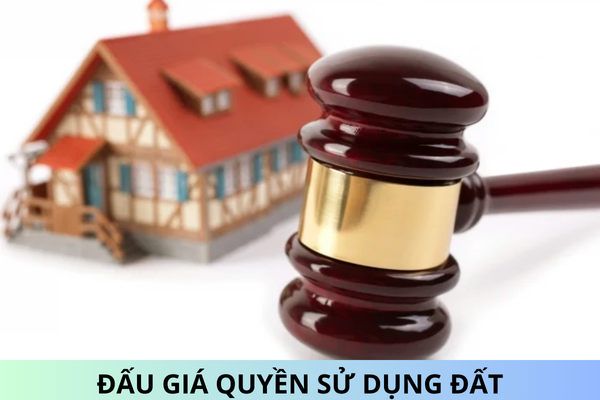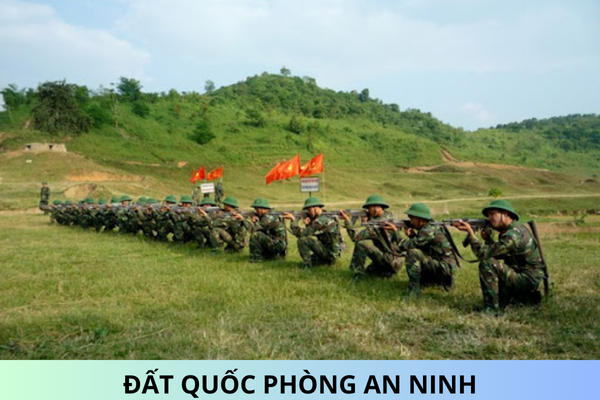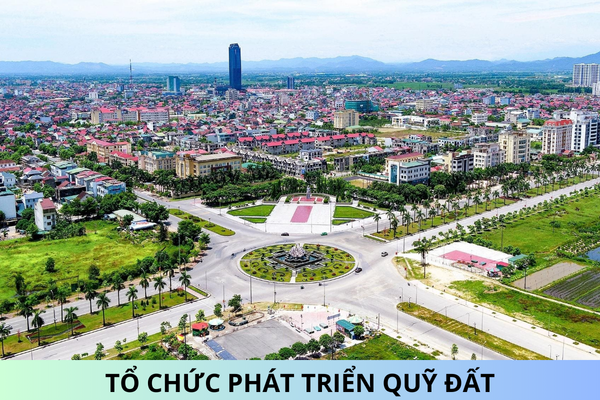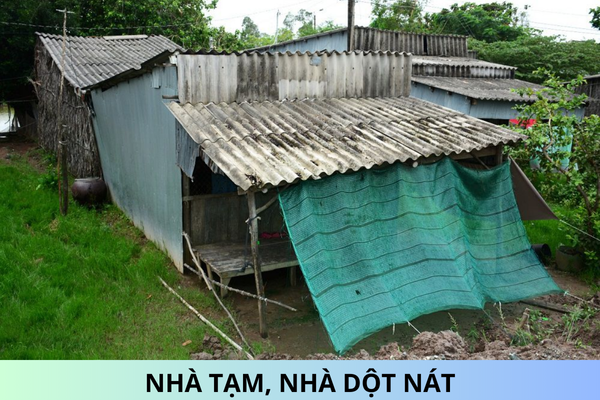Which types of land in Vietnam have a 50-year use term? What are the principles of land use in Vietnam?
Which types of land in Vietnam have a 50-year use term?
Pursuant to Article 172 of the Land Law 2024 regulating land usage with a time limit:
Article 172. Land with a usage time limit
- Except for cases stipulated in Article 171 of this Law, the time limit for land use when the State allocates land, leases land, or recognizes land use rights is specified as follows:
a) The term for land allocation, recognition of agricultural land use rights for individuals directly engaged in agricultural production using land for annual crops, aquaculture, salt production land, perennial crops, production forests being planted forests within the limits prescribed in Article 176 of this Law is 50 years. Upon expiration of the land use term, the land can continue to be used under the term specified at this point without having to undergo procedures for extension;
b) The term for leasing agricultural land to individuals shall not exceed 50 years. Upon expiration of the lease term, individuals with needs will be considered by the State for continued land lease but not exceeding 50 years;
c) The term for land allocation, land lease to implement investment projects using land is considered and decided based on the duration of the investment project activity or the application for land allocation or lease but not exceeding 50 years.
For projects with a duration of over 50 years according to the Investment Law, the term for land allocation, land lease shall follow the project duration but not exceed 70 years.
When the term expires, if land users wish to continue using the land, they can be considered by the State for land use extension but not exceeding the term specified in this clause.
[...]
Thus, the types of land with a 50-year usage term include:
- Individuals directly engaged in agricultural production allocated, recognized with agricultural land usage rights within the limit have a land allocation term, recognition of agricultural land use rights of 50 years, specifically including:
+ Land for annual crops
+ Aquaculture land
+ Salt production land
+ Land for perennial crops
+ Production forests being planted forests
- Families, individuals leasing agricultural land for no more than 50 years (Upon expiration of the lease term, individuals with needs will be considered by the State for continued land lease but not exceeding 50 years)
- Organizations allocated land, leased land to implement investment projects using land are considered, decided based on the investment project activity term or the application for land allocation, lease but not exceeding 50 years
- Organizations allocated land, leased land without project formulation are considered based on the application for land allocation, lease but not exceeding 50 years
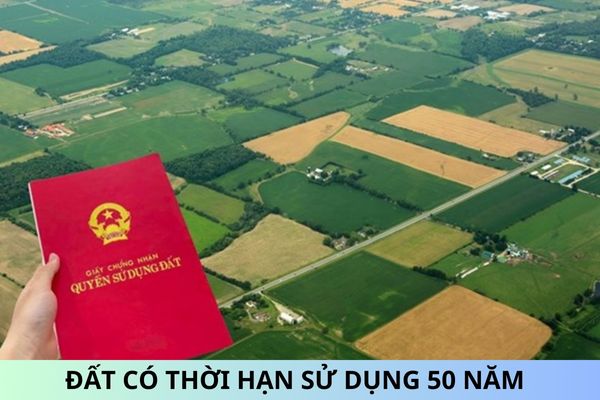
Which types of land in Vietnam have a 50-year use term? What are the principles of land use in Vietnam? (Image from the Internet)
What are the principles of land use in Vietnam?
Pursuant to Article 5 of the Land Law 2024 regulating principles of land use in Vietnam:
- Correct purpose of land use.
- Sustainable, economical, and effective use regarding land and resources on the surface and underground.
- Protect land, safeguard the environment, adapt to climate change, without overusing pesticides, and fertilizers causing pollution, land degradation.
- Exercise the rights and obligations of land users within the usage time as regulated; do not infringe upon the legal rights and interests of adjacent and surrounding land users.
What are prohibited acts regarding land in Vietnam?
Pursuant to Article 11 of the Land Law 2024 regulating prohibited acts regarding land:
- Encroaching land, occupying land, destroying land.
- Violating laws on state management of land.
- Violating land policies for ethnic minorities.
- Abusing positions and powers to contravene laws regarding land management.
- Failing to provide information or providing inaccurate land information, failing to meet the legal time requirements.
- Failing to prevent, failing to address legal violations concerning land.
- Failing to comply with the laws when exercising land usage rights.
- Using land, conducting transactions on land use rights without registration with the competent authority.
- Failing to fulfill or inadequately fulfilling financial obligations to the State.
- Obstructing, causing difficulties for land use, and exercising the rights of land users according to the law.
- Gender discrimination in land management and usage.


